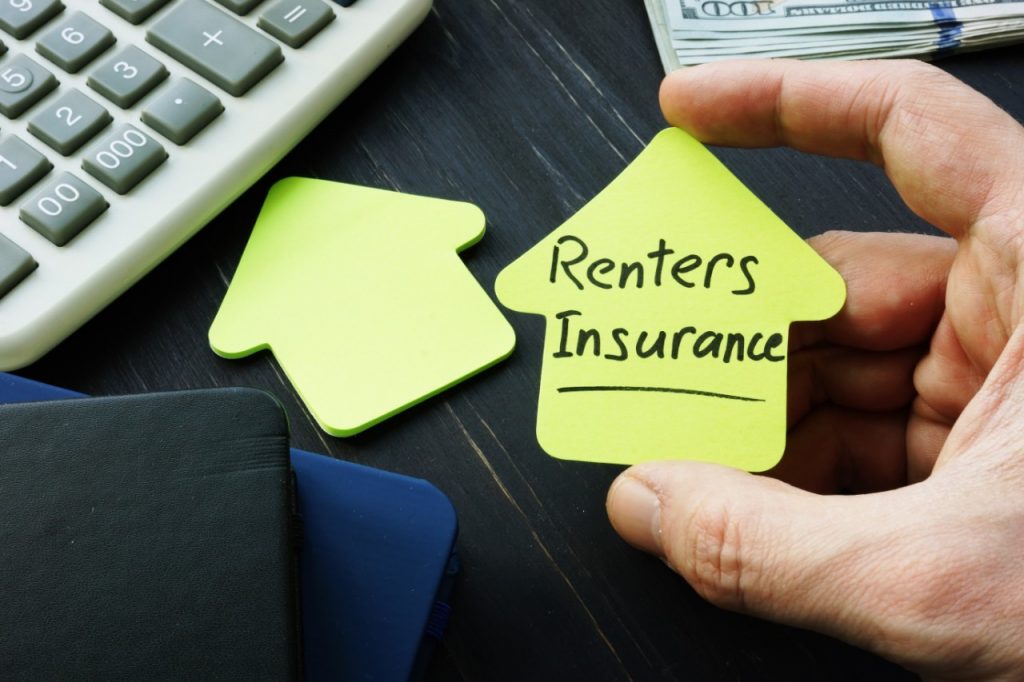However, with the increased use of smart home devices, new questions arise, including whether smart home devices can help renters save money on insurance.
Owners Vs. Renters
In order to evaluate whether smart home technology offers money-saving benefits regarding insurance and property protection, it’s first important to make a distinction between landlords and tenants. Typically, landlords have one insurance policy that protects them in the event of property damage or personal injury. In contrast, renters have the option to take out their own policy to protect their possessions and other specific concerns tenants may have. Given the distinction between these two groups and their separate insurance types, it’s well-established that homeowners and possibly even landlords could earn lower rates by installing smart home technology. However, it’s not the leading motivation. Rather, most people install smart home tech to increase their home’s energy efficiency, and this same reason leads when it comes to why landlords install smart home tech in their rental units.
Rental Protection Factors
Typically speaking, renters insurance policies cover property loss, whether that’s due to theft or damage. However, some assert that smart home technology could improve unit safety, thereby reducing the risk of such loss. How strong is this argument, though? It depends on the policy provider, the devices in place, and other factors like location. That being said since features like smart cameras and locks could decrease the likelihood of burglary, savvy renters could feasibly make an argument that their possessions are less vulnerable than those of comparable tenants and that they should be charged less for their policy.
Who Owns The Device?
For tenants who hope to argue the protective benefits of smart home technology, it may be important that they own the device, and that may not be possible for the most effective technology. For example, many more advanced smart home devices need to be wired directly into the home, which would mean making changes only the landlord is authorized to undertake. Would landlord-owned devices only benefit the property owner, then, and not the tenant? Property owners may not be explicitly counting on it. Still, there is growing interest in smart tech appropriate for multi-family housing, so the issue is likely to arise more frequently in the next few years.
A Cost-Saving Measure
Regardless of whether or not smart home technology will save you money on your renter’s insurance, financial professionals agree that renters insurance itself is a cost-saving measure. That’s because, while it costs money on a month-to-month basis if the worst-case scenario arises and your rental becomes uninhabitable, or your unit is robbed, your coverage will end up saving you much more than you paid into it. But, of course, you don’t need a renter’s insurance policy for that to be true, so why wait to get one?
